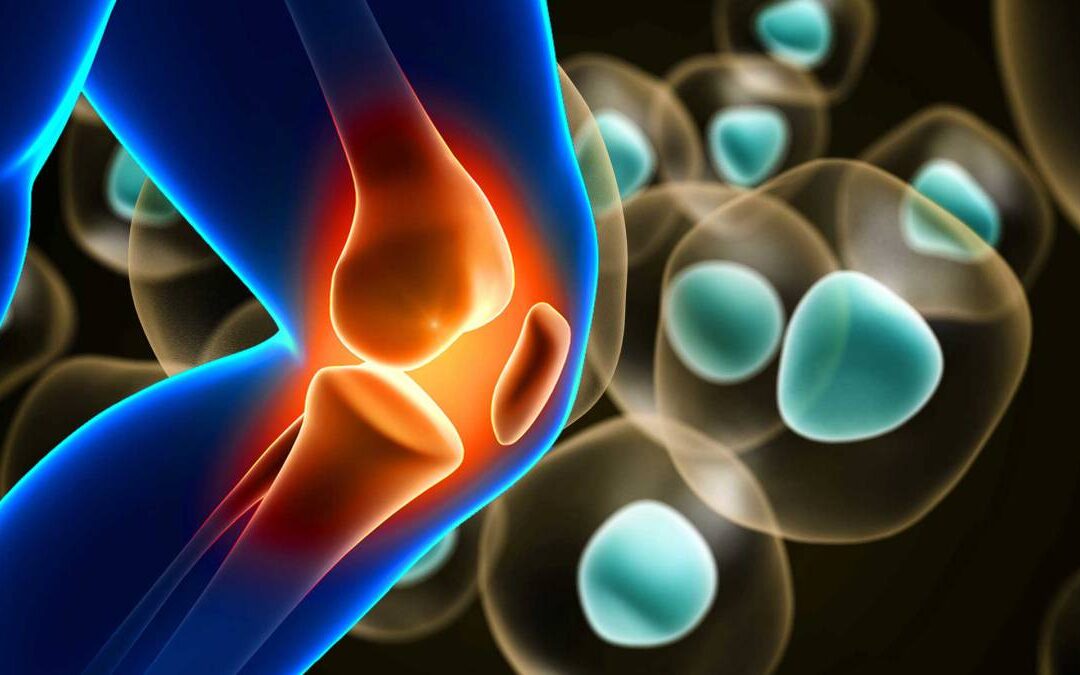
Why doesn’t my doctor know about stem cell treatments?
Many patients attend medical consultation with their trusted or recommended physician. Most of these doctors have some knowledge about regenerative treatments such as stem cells, but are still opposed to them, even after knowing the great benefits these treatments bring and their low risk.
What to do when your doctor does not support these treatments???
What does a doctor know about stem cells?
Even if you think your doctor received extensive stem cell education in medical school, that is not true. Stem cells are still very new to medical schools and are just being incorporated into the curricula.
Nowadays a medical school takes 6 years to train a general physician and then it takes at least 4 more years for a specialty. This means that any doctor who has graduated from medical school after an average of 10 years still does not adequately handle the subject of stem cells because they did not study it at the university.
All training in stem cells is through courses for specialists since stem cells are useful in many areas. Cardiologists are using them and seeing their benefit in the treatment of ischemic heart disease, hematologists in some types of cancer, neurologists in Alzheimer’s and autism, and sports and physical rehabilitation doctors, as well as some orthopedists are observing their results in the treatment of joint degeneration and musculoskeletal injuries.
These courses require intensive and extensive training and are not just any weekend courses, so it is important to review the experience of each doctor you may visit.
The most important thing to consider is that if your trust worthy doctor tells you that regenerative therapies such as prolotherapy, stem cells or platelet-rich plasma do not work, it is rather because he has a different idea of treatment for you due to his type of specialty, since it probably has been more than 10 years they’ve read a medical update article, they’re not attending any of the international events where these treatments are discussed or they might simply not have any training in this type of therapy, which is why they prefer to say that these treatments do not work rather than admitting they don’t know about them.
These are some of the comments I’ve heard over the last 4 years.
“my doctor says surgery is my only option”
“Stem cells do not work, it is better to operate the meniscus” (operate meaning: to cut a portion of it, leaving the area unstable and in a few years having to put a knee prosthesis).
“Platelet-rich plasma therapy is witchcraft” etc. etc.
Nothing could be further from the truth.
How is it possible that insurance companies pay for a prosthetic surgery or any other operation, but do not pay for a treatment that makes your body regenerate injured areas?
Why does conventional allopathic medicine consider it’s good to give you an anti-inflammatory medication to “reduce inflammation of a meniscal tear instead of a treatment to heal the injury”
Do you know all the side effects of anti-inflammatories? Just to mention a few: they are toxic to cartilage, to your liver, they cause gastric ulcers or at least gastritis, they increase the risk of bleeding, they can cause allergies, some of these conditions can be fatal.
But there are still things we can do:
- Educate your doctor and show him how many serious and scientific publications exist each year.
- Make sure they know the latest and most up-to-date groups and that they are doing and publishing all the new studies and cutting-edge treatments.
- If you still find yourself in an impossible situation where your doctor does not approve these treatments based on their ignorance, the only option left is to change physicians.
- Remember that stem cells and platelet-rich plasma treatments are used in many areas of medicine due to their high effectiveness. However, if your condition affects the joints, go to a specialist doctor with knowledge in stem cells. Not with doctors from other specialties who do general treatments of this type. This is to have a proper understanding of your condition and what to expect with the treatment.
